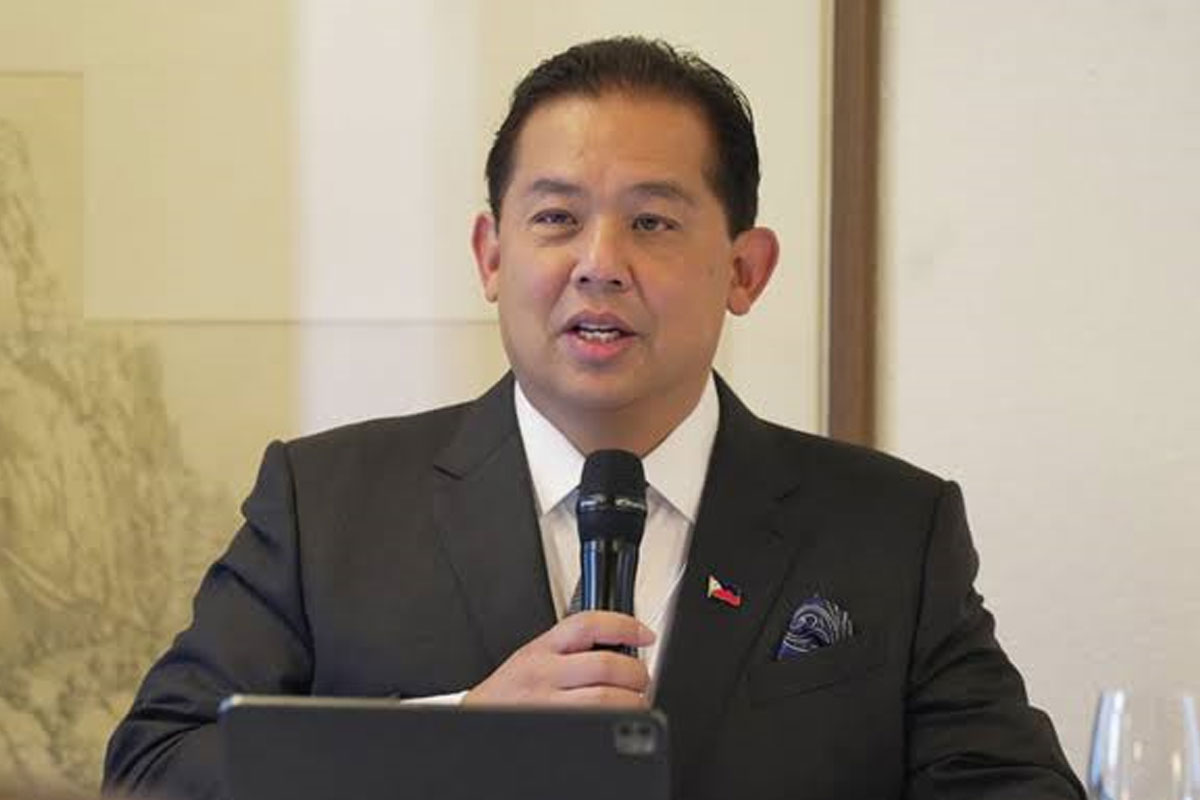
Vargas seeks enactment of permanent evacuation center
QUEZON City Fifth District Rep. PM Vargas on Sunday ignited calls for the enactment of his proposed measure, Establishing Evacuation Centers in Every City and Municipality nationwide, with the recent 6.8 magnitude earthquake that rocked areas in Sarangani, Davao Occidental last weekend.
“It is the hope of this measure to provide long-term sustainable solutions to our country, which is heavily affected by natural disasters without compromising the lives and welfare of affected civilians,” Vargas urged Senate counterparts, citing the urgency of passing the bill which has already been transmitted to the Senate since March 2023.
The legislator added that in the previous Congress during the time of his brother, Alfred Vargas, the bill already received an overwhelming nod at the Lower House but it did not push through in the Senate.
According to House Bill (HB) No. 3498, determining the location of the permanent evacuation centers should have the following criteria:
– It must be centrally-located in the community;
– It must be of a safe distance from large trees, structures where hazardous materials are used and stored, or high-power voltage lines;
– It must be near a health facility;
– It must be located on a geo-technically stable land to avoid risk of landslides or exposure to potential landslide of adjacent lands; and
– It must not be located near military base camps, camps of insurgent groups, power plants, factories, and other areas where the occurrence of human-induced disasters are very high.
The LGUs concerned shall be primarily responsible for the operation, supervision, and management of the proposed evacuation centers.
If passed into law, this step will minimize the disruption experienced regularly by our people during calamities particularly public schools which serve as default evacuation centers. “We should do away with the practice of using school facilities as evacuation centers because our children’s education is being sacrificed whenever disasters strike,” Vargas said.
The centers should also have minimum amenities such as sleeping quarters, separate shower and toilet facilities for males and females, emergency exit doors, food preparation areas that are well-ventilated, trash segregation and collection areas, health care areas, rainwater harvesting and collection areas, and amenities to enable access thereto by persons with disabilities.




















